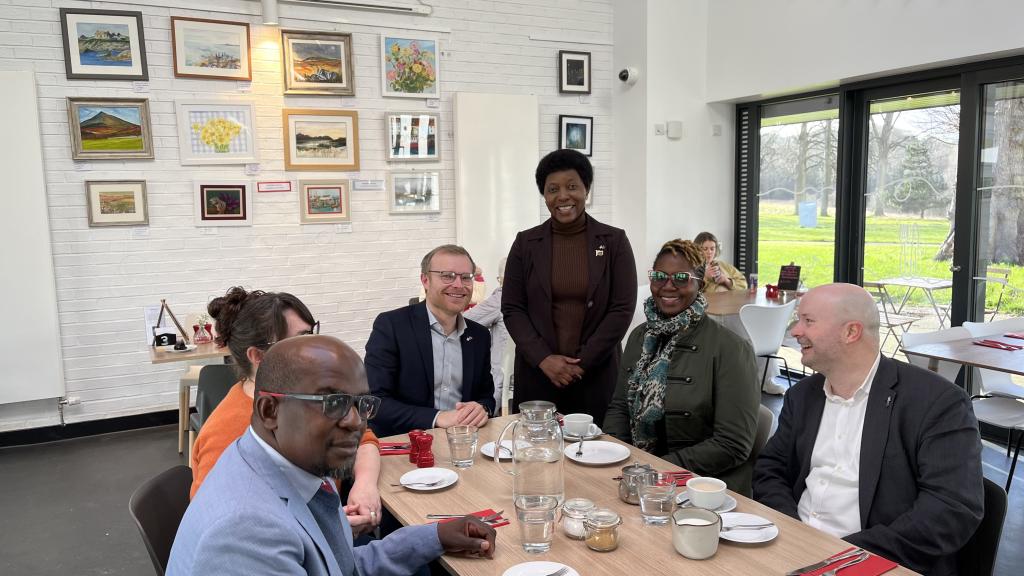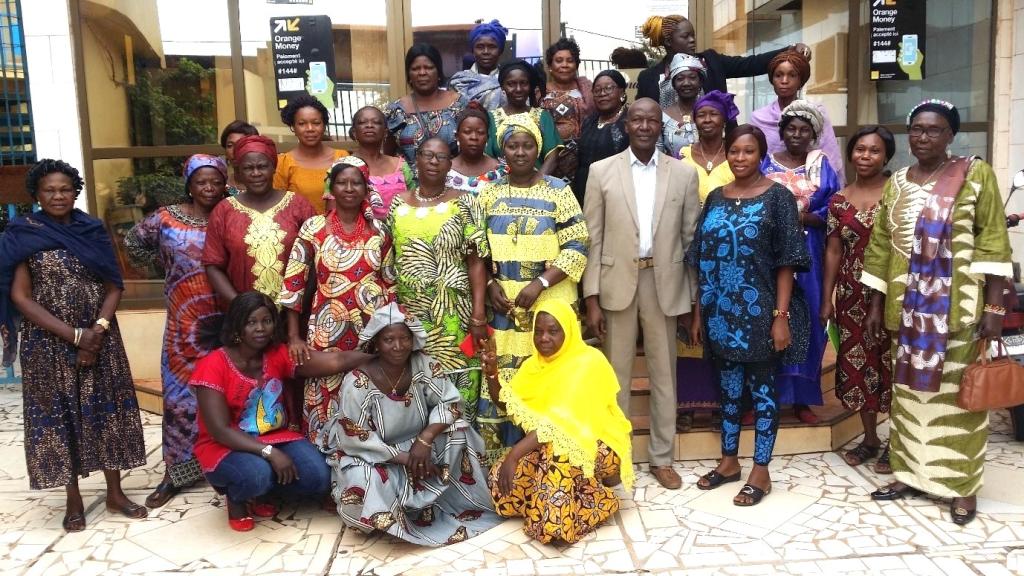United for progress: Insights from Malawi, Zambia, and Scotland's learning exchange

The Scottish Government has programmes planned in Malawi and Zambia until 2026; this exchange provided the opportunity for experts and MPs from within Malawi and Zambia to outline their development priorities.
The exchange particularly focused on parliament’s role in scrutinising climate change adaptation laws and policies, promoting gender equality, and providing legislative accountability. The delegation included the Chair of the Malawi Parliamentary Women’s Caucus, Hon Roseby Gadama; Malawi’s Commissioner on Human Rights, Viwemi Chavula; and Board Members of the Zambian NGO Centre for Innovating Development.
Shared challenges
Among the areas covered, delegates explored how the Scottish Government has prioritised efforts to address climate change, recognising its interconnectedness with various other societal challenges. It highlighted how successfully mitigating climate change can address human rights issues stemming from environmental disasters, such as ensuring access to clean water, protecting homes, and safeguarding health. Scottish Government officials expressed willingness to share their practices, experiences, and expertise, particularly in areas such as justice, education, and climate change to support human rights worldwide.
Meetings with parliamentarians focused on strengthening parliament’s oversight and accountability role. The convener of the Committee on Criminal Justice and its clerk met with the delegation and shared how their use of post-legislative scrutiny (PLS) uncovered specific deficiencies in the implementation of the Domestic Abuse Act, 2018, to improve the protections it offers. The committee was approached by an NGO reporting that the Act was resulting in a very low level of convictions. The PLS study, published in 2023, showed that when officers were first called out to domestic abuse incidents, they were not able to identify non-violent forms of abuse. It led to specialised police training to differentiate between the forms of abuse.



Achieving progress together
Lasting partnerships have emerged from the exchange. This includes between the officials in the Scottish Government with the Malawi Commissioner for Human Rights and Scottish Parliament officials and party support for the launch of the Zambian Parliamentary Caucus on PLS. There was a common agreement that development is a long-lasting effort that must ultimately be locally led for it to be sustainable and democratic. SNP WFD believes this exchange helped in that mission.
According to Viwemi Chavula, Malawi’s Commissioner on Human Rights,
“We extend our sincere appreciation to the SNP and Westminster Foundation for Democracy for hosting this exchange. The expertise they have brought to our partnership in empowering women in politics, coupled with their extensive network of connection with the Scottish Government and Parliament, will help bolster our efforts in this fundamental area…By leveraging these valuable resources alongside the Scottish Government and Parliament’s specialised knowledge in empowering women in politics and addressing the impacts of climate change, both entities have fostered a dynamic exchange of insights while perceiving the areas that will need improvements.”
Hon Roseby Gadama, Chairperson of the Malawi Parliamentary Women’s Caucus added,
“For me, it is about development and not just about politics, so the work of SNP-WFD is essential to promote gender equality and democratic practices in all spheres of Malawian society. As chairperson of the Malawi Parliamentary Women's Caucus, it has been a great opportunity to learn from peers in the Scottish parliament how they have strengthened women's participation in politics, tackle gender-based violence, and promote girls' education. Malawi has serious challenges in keeping the issues affecting women as a priority in politics, in this visit we have made partnerships to help us do so.”



